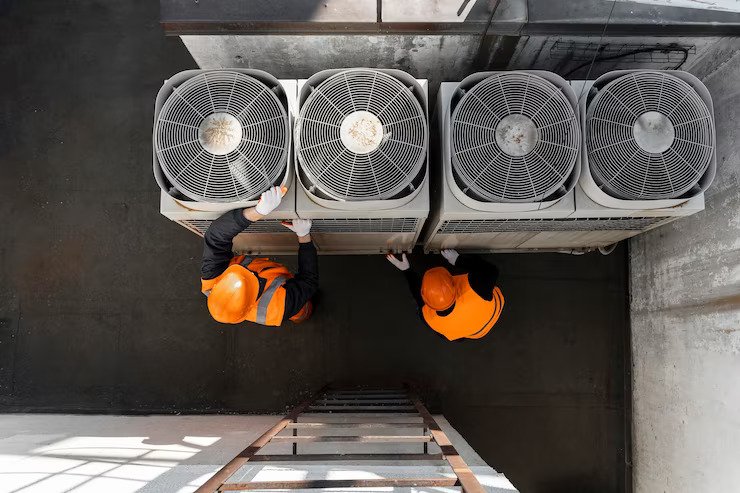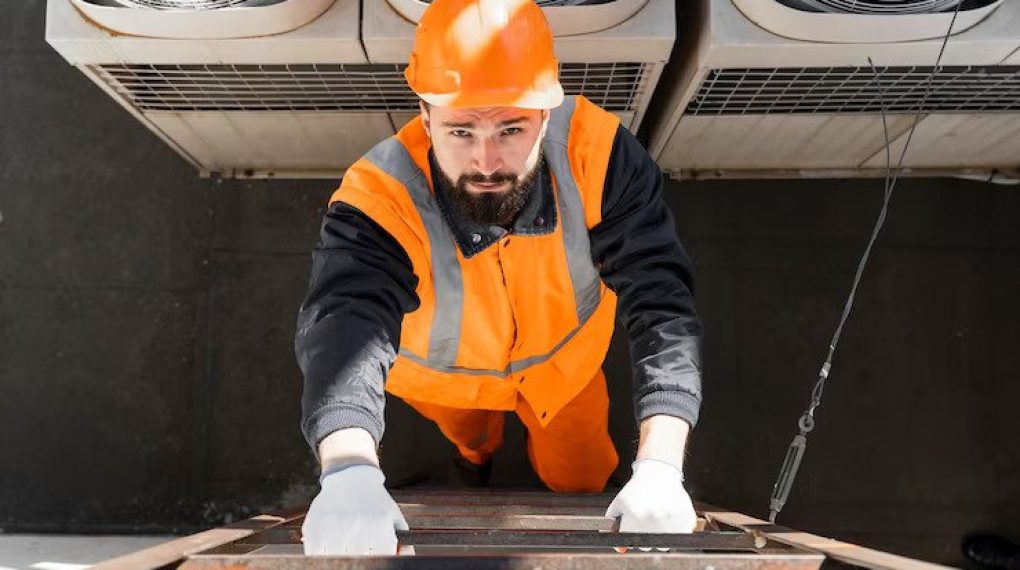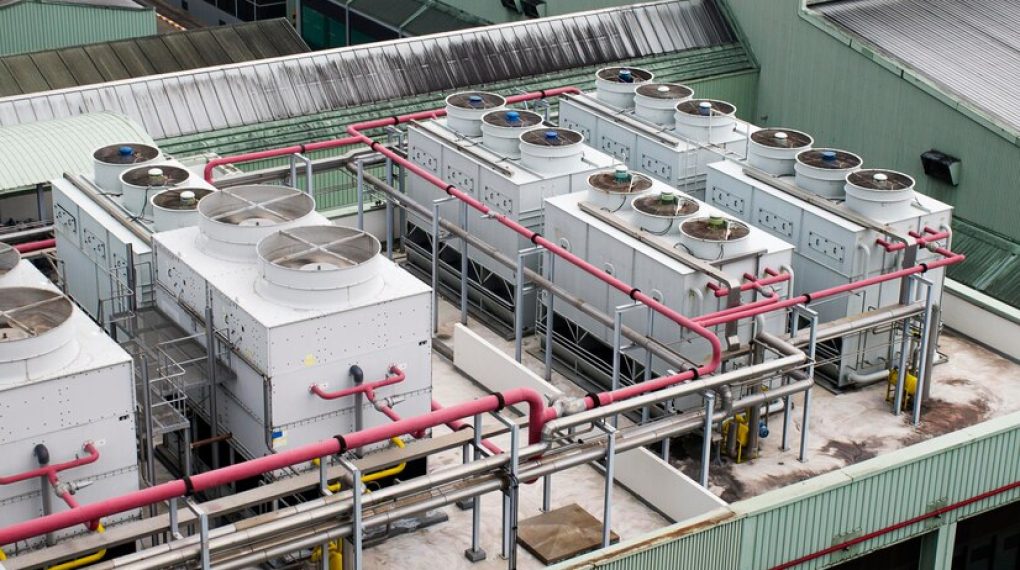
A commercial premise must run smoothly. People can only produce their best work in the most optimum conditions!
HVACs can play an important role here, particularly in places with extreme temperatures. Though they can be lifesaving air conditioning units in some cases, they can also heat rooms too, creating an environment that’s warm and cozy for all.
Of course, not all HVAC companies are well-regarded by the buying public either. Moreover, even if you align yourself with a reputable brand, HVACs are machines, and even the best of their kind aren’t immune to occasional faults.
Maintaining your HVAC system can greatly reduce the chances of problems occurring, avoiding many of them entirely.
Read on for some best practices around these measures.
Hire Specialist Support

Nobody knows your HVACs like your manufacturer and distributor. Starting with their insights is highly recommended.
For example, the input of HTS New England can be immensely invaluable. This commercial HVAC company specializes in a wide range of HVAC solutions, giving their end users more agency to:
- Identify issues with the HVAC and resolve them quickly.
- Optimize their energy usage.
- Gain real-time information that provides insight into the efficiency of their system.
Their HVAC control systems staff offer full preventative maintenance and emergency repairs. So, by aligning yourself with the right service, you may need to do very little work maintaining your HVAC in many situations!
Don’t Forget the Outdoor Unit
Of course, while specialists can do everything for you, it doesn’t always mean they should. Employing further measures independent of their involvement will ensure you don’t waste their time or create unnecessary problems for you and your staff.
Cleaning the outdoor unit of an HVAC will boost the likelihood of its longevity.
There are several things you might need to do here, including:
- Switching the HVAC off first!
- Clearing the unit of surrounding debris and vegetation, ensuring unrestricted airflow.
- Removing protective grills and cleaning the fins delicately. Vacuum cleaners on a low setting, or soft strokes with a brush, should suffice. Use a hose on a low setting to wash away dirt and grim.
- Using a mild detergent to clean the grill and then reattach it carefully and securely.
- Switching the machine HVAC back on!
Some people can focus on indoor air conditioning inside as it’s perhaps seen and regarded more often. That part of the tech will also need good care, but it shouldn’t lead you to forget about the outdoor unit.
Insulate Effectively

Insulation is a key part of temperature control. Securing an HVAC machine doesn’t mean that other measures should be overlooked.
Moreover, there’s mounting interest in making these products greener, with governments working more closely with businesses to make progress. But what does all of this have to do with HVACs? Well, insulation benefits HVACs in many ways.
Firstly, HVACs won’t need to work as hard in regulation temperatures at your workplace, which will inevitably put less strain on the machine. Energy consumption and operating costs can also be mitigated. The longevity of the HVAC should also be improved with more controlled, focused usage.
Secondly, insulation prevents the build-up of moisture and condensation from forming inside and around the HVAC. Subsequent mold growth and corrosion can occur, leading to faults and outright breakages in the machine. If you insulate the air handlers and pipes, you’ll have a suitable vapor barrier to suitably protect the HVAC system.
Fine-Tune Other Senses
Many people look for faults in their HVAC when checking up on them and seeing if they require further maintenance. However, it’s not all about what you can see – what you can smell and hear matters too!
HVACs can produce strange odors if they need maintenance work and if dust and overheating are occurring in particular.
Scents to try and attune your nose to around the HVAC include:
- Burnt smells.
- Rotten egg-like smells.
- Musty and stagnant air smells.
- Chemical smells.
It would help if you also listened out for clicking, light whistling, knocking, and overly loud buzzing sounds. HVACs make noise when working well, but there can be subtle differences in the sound when something is amiss.
Related: The Trend of Inverter AC Technology – A Quick Guide to Know Best in the Market
Inform Your Workers
It’s no single worker’s responsibility to report irregularities with the HVAC system. It will be a technology everybody in the workplace uses and benefits from.
So, spread the word about keeping the machine in good order. Work operations can depend on the functionality of an HVAC machine in areas where temperatures and weather are known to be at severe ends of the spectrum. The more diligent everybody is, the less likely disruption and discomfort will occur.
There should be a preventative maintenance schedule in place for the HVAC unit. Nevertheless, problems can occur outside of that timeframe in rare instances, so everyone should be alert, just in case.
Remember, keeping workers informed doesn’t mean they should try to fix the machine themselves. You’ll still need professional technicians for that task, as they’ll be able to diagnose problems with precision and make quick work with maintenance and repairs.
Read Also:






